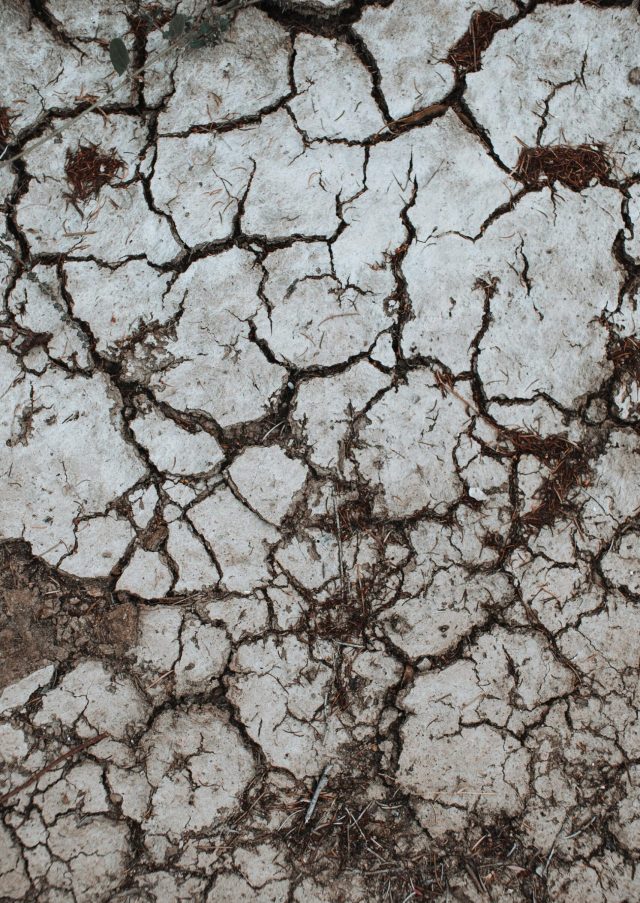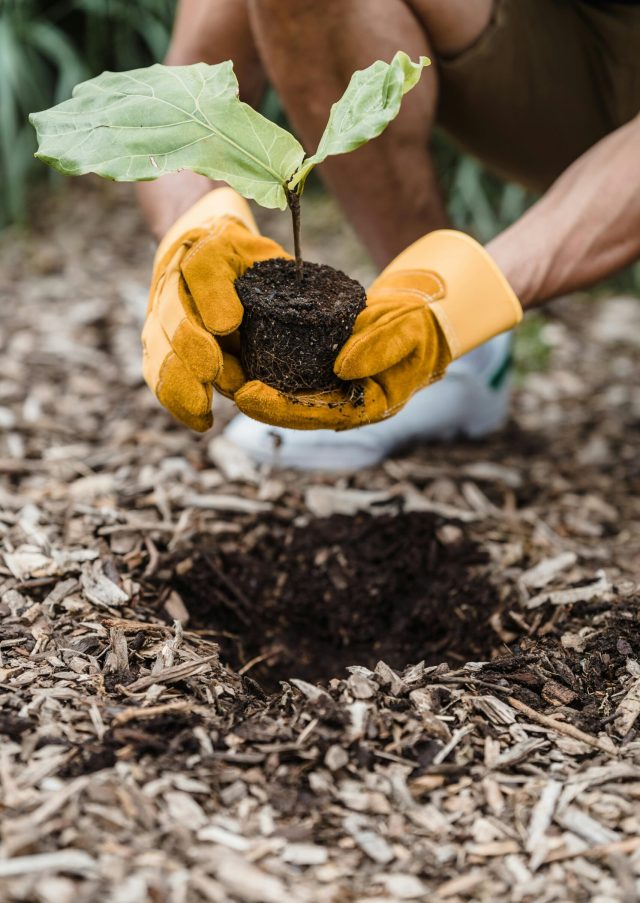Climate Change
Our goal is to restore degraded landscapes, improve livelihoods and empower rural communities
Climate Change & Adaptation
We value and equally scale balance environmental, social and economic sustainability

Impact of Climate change
Climate change poses significant global challenges, as highlighted by the Intergovernmental Panel on Climate Change (IPCC), with severe repercussions on water supply, agriculture, marine ecosystems, and human health. Additionally, the displacement of populations from coastal cities and small islands underscores the urgency of addressing climate change comprehensively.
Read MoreIn Liberia, current climate change policies and actions fall short in fostering community engagement in decision-making, sustainable livelihoods, and environmental conservation. Liberia’s rainforests are critical not only for the global environment but also for local communities and wildlife. These forests provide essential resources like wood, charcoal, timber, and poles for constructing homes and fences. Beyond these immediate benefits, forests offer watershed protection, prevent soil erosion, provide habitats for diverse flora and fauna, and play a crucial role in climate change mitigation.
However, Liberia’s forest cover has dramatically decreased from 4.8 million hectares in 2000 to 2.2 million hectares in 2020, losing over 50% of its forests in two decades. This deforestation results in numerous adverse environmental effects, including biodiversity loss, soil erosion, and water pollution. Moreover, deforestation contributes to climate change by releasing significant amounts of carbon dioxide into the atmosphere, exacerbating global warming.
The social and economic impacts of deforestation in Liberia are also profound. Local communities, heavily dependent on forest resources for their livelihoods, face increased hardships as these resources dwindle. Furthermore, the loss of forests can disrupt traditional ways of life, exacerbate poverty, and lead to conflicts over the remaining natural resources.
We are taking pressure off Liberia remaining reforest
In order to achieve our goal, we partner with rural communities affected by deforestation and environmental degradation. Enabling them become drivers of this innovative initiative.

Required Climate Action
To address these challenges, a multifaceted approach is necessary. Effective climate change policies must include:
Community Engagement: Involving local communities in decision-making processes ensures that policies are culturally appropriate and have grassroots support. This can enhance the effectiveness and sustainability of climate actions.
Read MoreSustainable Livelihoods: Developing alternative, sustainable livelihoods can reduce dependence on forest resources and alleviate poverty. This include promoting agroforestry, ecotourism, and sustainable agriculture practices.
Environmental Conservation: Strengthening conservation efforts to protect remaining forest areas is crucial. This can involve enforcing anti-logging laws, establishing protected areas, and restoring degraded lands.
Education and Awareness: Raising awareness about the importance of forests and the impacts of deforestation can garner broader support for conservation efforts.
International Support and Cooperation: Global collaboration and financial support are vital for countries like Liberia to implement effective climate action plans and conservation strategies.
Addressing deforestation: addressing deforestation and its associated impacts in Liberia require urgent and sustained efforts at local, national, and international levels to safeguard both the environment and the livelihoods of communities dependent on forest resources.
We are transforming degraded lands into forest again
In order to achieve our goal, we partner with rural communities affected by deforestation and environmental degradation. Enabling them become drivers of this innovative initiative.

Our Approach
The Green Liberia Climate Change & Poverty Mitigators (GLCCPM) is dedicated to balancing environmental, social, and economic development in its climate change initiatives. The organization’s Climate Change Program aims to enhance the understanding and capacity of rural communities to take climate action and elevate national awareness about the crucial role local communities and forests play in combating climate change.
Read MoreBy collaborating with the Liberian government and like-minded stakeholders, GLCCPM is actively engaged in REDD+ activities, reforestation, sustainable land management, and carbon sequestration projects. Moreover, we contribute to the National REDD+ process and the development of the System for Land Emission Estimation for Liberia (SLEEL).
Environmental Development: GLCCPM’s initiatives focus on reforestation and sustainable land use management to restore degraded landscapes and promote biodiversity. Planting trees and engaging in carbon sequestration projects not only mitigate climate change by capturing carbon dioxide but also protect soil and water resources. By fostering healthy ecosystems, these efforts help maintain the environmental balance necessary for long-term sustainability.
Social Development: Recognizing that women, particularly in marginalized rural communities, are disproportionately affected by climate change, GLCCPM places a strong emphasis on social development. Women are pivotal in managing households and ensuring food and water security. By involving women and youths in tree planting and land restoration projects, GLCCPM empowers these groups, providing them with the skills and resources needed to improve their livelihoods. This focus on social inclusion and gender equity ensures that the benefits of climate action are shared broadly, enhancing community resilience and cohesion.
Economic Development: GLCCPM’s approach also aims to create economic opportunities that align with environmental goals. Initiatives such as growing seedlings and planting trees on degraded lands can create green jobs, promote food and nutrition security, and enable rural communities to diversify their sources of income. By reducing reliance on traditional, often unsustainable livelihoods, and fostering new economic activities, these projects support rural economic growth and development. The creation of green jobs and sustainable economic opportunities helps to lift communities out of poverty while ensuring environmental conservation.
Integrated Approach: By integrating environmental, social, and economic development, GLCCPM’s initiatives provide a holistic solution to the challenges posed by climate change. The organization’s commitment to taking pressure off rainforests through community-driven reforestation and sustainable land management practices not only helps mitigate climate impacts but also promotes socio-economic resilience. This balanced approach ensures that environmental conservation efforts contribute to the overall well-being and prosperity of local communities, fostering a sustainable future for Liberia.
In summary: GLCCPM’s multifaceted strategy effectively balances the urgent need for environmental conservation with the imperative of social and economic development. By empowering communities, especially women and youths, and creating sustainable economic opportunities, GLCCPM’s initiatives offer a comprehensive model for tackling climate change while enhancing livelihoods and promoting inclusive growth.
We are creating income generation alternatives for rural communities
In order to achieve our goal, we partner with rural communities affected by deforestation and environmental degradation. Enabling them become drivers of this innovative initiative.
